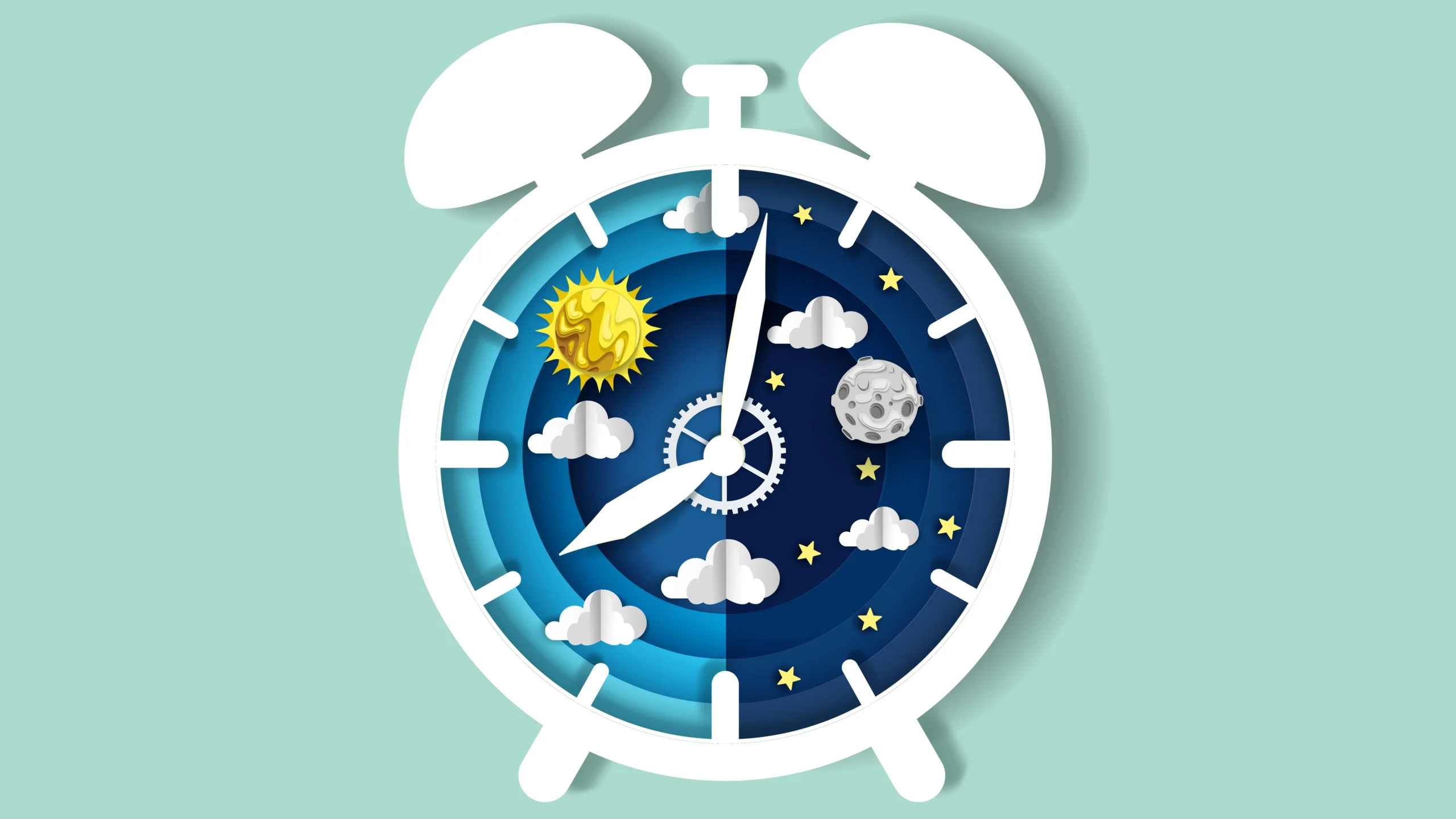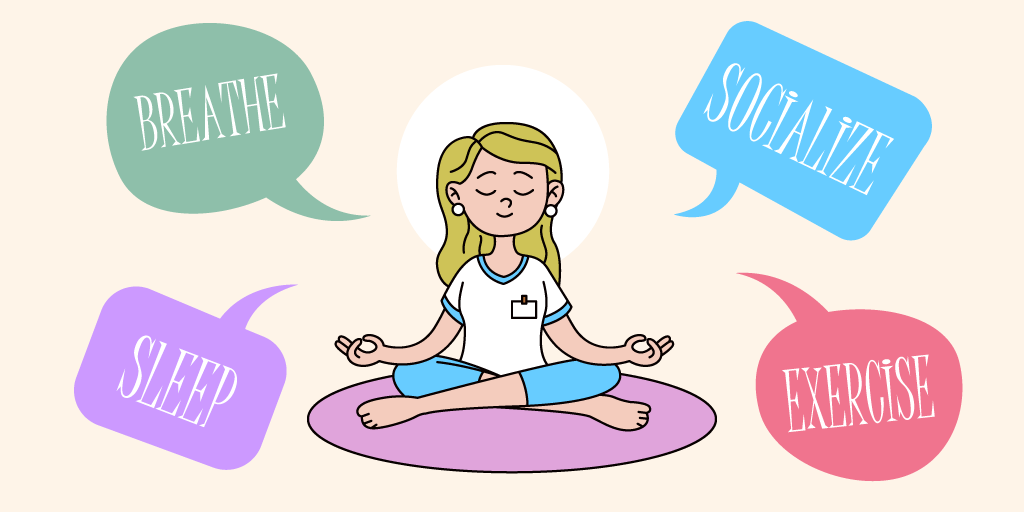How Much Water Should You Drink Each Day? The Impact of Health, Activity & Location

How Much Water Should You Drink Each Day? Your Guide to Proper Hydration
Water is a fundamental component of life, essential for bodily functions ranging from digestion to energy production. However, determining the exact amount of water an individual should consume daily can be challenging due to varying factors such as age, activity level, and environmental conditions. This guide aims to clarify these variables and help you establish a personalized hydration routine.
Factors Influencing Daily Water Intake
Individual needs vary based on several factors:
1. Age Group
Men typically require around 3.7 liters of fluid daily, while women need approximately 2.7 liters. These figures account for both water and other beverages.
2. Exercise Intensity
Active individuals should consume additional fluids to replace sweat lost during exercise. Hydration goals may increase by up to 1-2 liters per hour of intense activity.
3. Environmental Conditions
Hot weather, high humidity, and altitude can increase fluid needs. Adjust hydration intake accordingly to avoid dehydration.
4. Overall Health
Individuals with conditions such as fever, vomiting, or diarrhea may require increased fluid consumption to aid digestion and maintain balance.
5. Pregnancy and Breastfeeding
Pregnant women should consult healthcare providers for specific hydration guidelines, often recommending increased fluid intake during the third trimester.
6. Food Sources
Water is naturally present in many foods, such as watermelon (98% water) and spinach (97% water). Consuming these provides essential hydration without relying solely on beverages.
7. Beverages
Stay hydrated by including water-soluble beverages like milk, herbal teas, and even coffee in moderation. Avoid sugary drinks to prevent excess calorie intake.
How Much Water Should I Drink?
For most adults:
– Men: 15.5 cups (3.7 liters) of fluid daily
– Women: 11.5 cups (2.7 liters) of fluid daily
These recommendations include both water and other beverages, with about 20% of intake typically coming from food.
Common Advice: The 8-Glass Rule
The guideline to drink eight glasses of water a day is popular but may not suit everyone. Younger individuals or those with active lifestyles might need fewer glasses, while older adults or athletes may require more.

When to Adjust Your Intake
Be mindful of your body’s signals:
– Frequent thirst: Drink water
– Light yellow urine: Adequate hydration
Overconsumption can lead to hyponatremia (low sodium levels), which is rare but potentially dangerous. Opt for clear, unsweetened beverages and monitor sodium intake if you have pre-existing conditions.
Monitor Your Intake
Avoid excessive fluid consumption, especially in hot environments or by heavy meals. Check with your healthcare provider if unsure about your needs.
Stay Hydrated Safely
Embrace water as a vital component of daily life, ensuring it meets your body’s needs without causing harm. Prioritize hydration while balancing nutrition from diverse food sources and beverages.
In conclusion, proper hydration is essential for overall health, yet individual needs vary. By understanding factors such as activity level, health conditions, and environmental changes, you can establish a balanced hydration routine tailored to your lifestyle. Always consult healthcare professionals if unsure about fluid intake requirements.
“`



